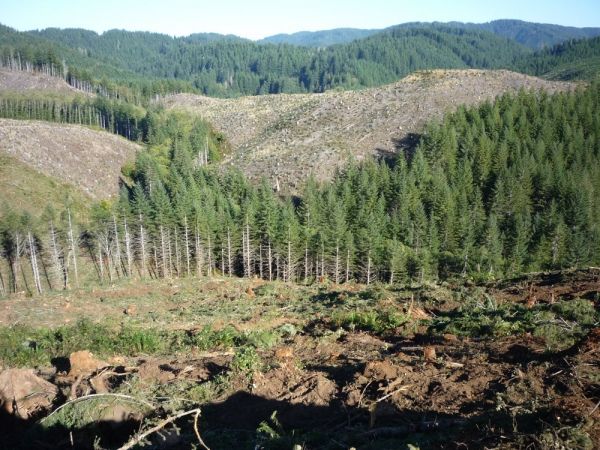The research, led by Oregon State University’s Catalina Segura, is an important step toward understanding how intensively managed plantations might influence water supplies originating in forests and downstream aquatic ecosystems, especially as the planet becomes warmer and drier.
“Industrial plantation forestry is expanding around the globe and that’s raising concerns about the long-term effects the plantations might be having on water, especially in dry years,” Segura said. Findings were published in the Journal of Hydrology.
Running through southern Benton and Lincoln counties in Oregon, the Alsea River empties into the Pacific Ocean at Waldport and supports runs of chinook and coho salmon as well as steelhead and cutthroat trout.
Continue reading at Oregon State University
Image via Oregon State University


